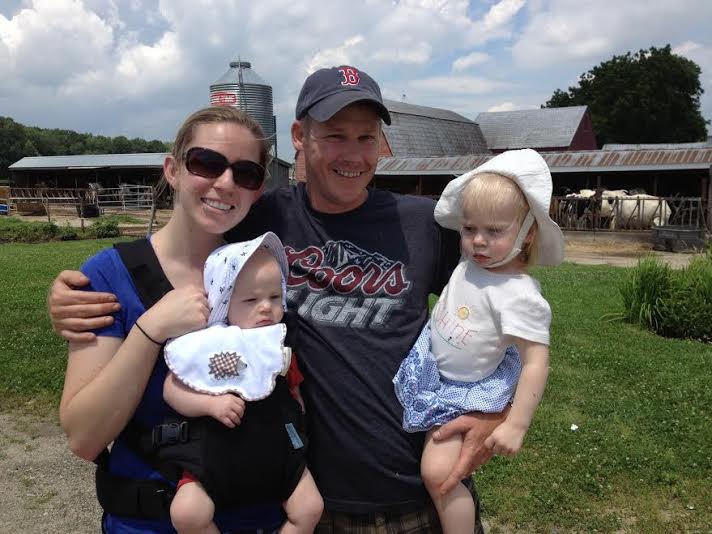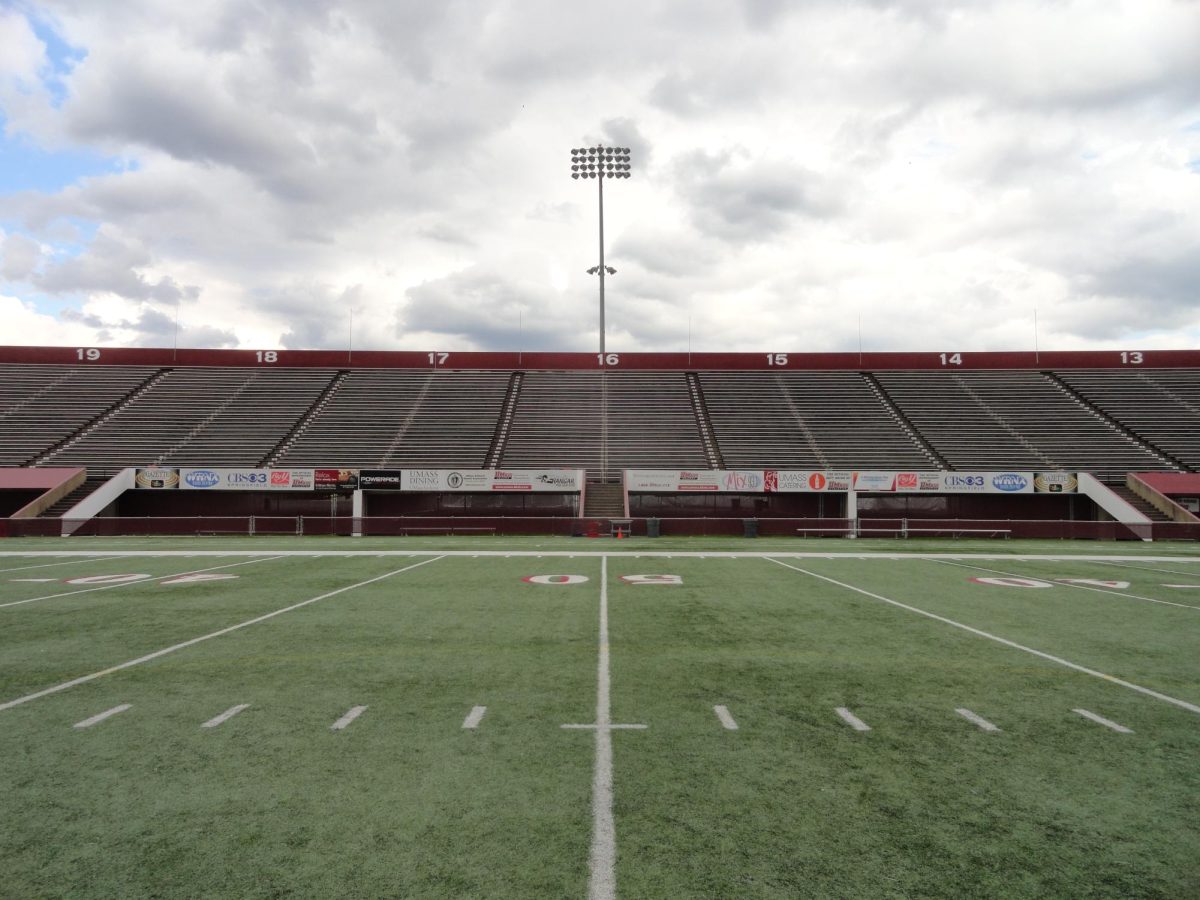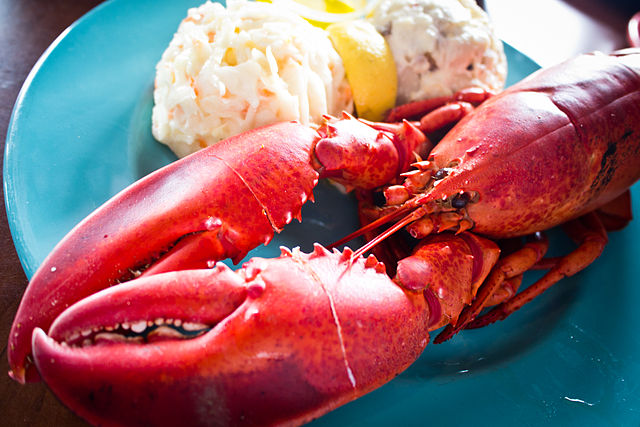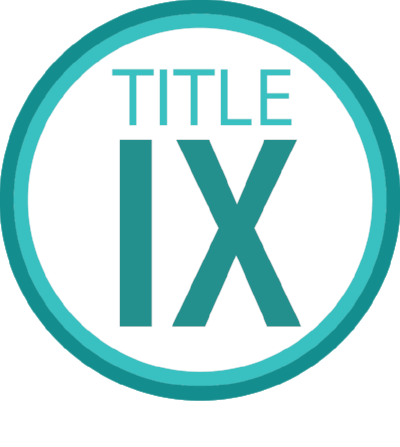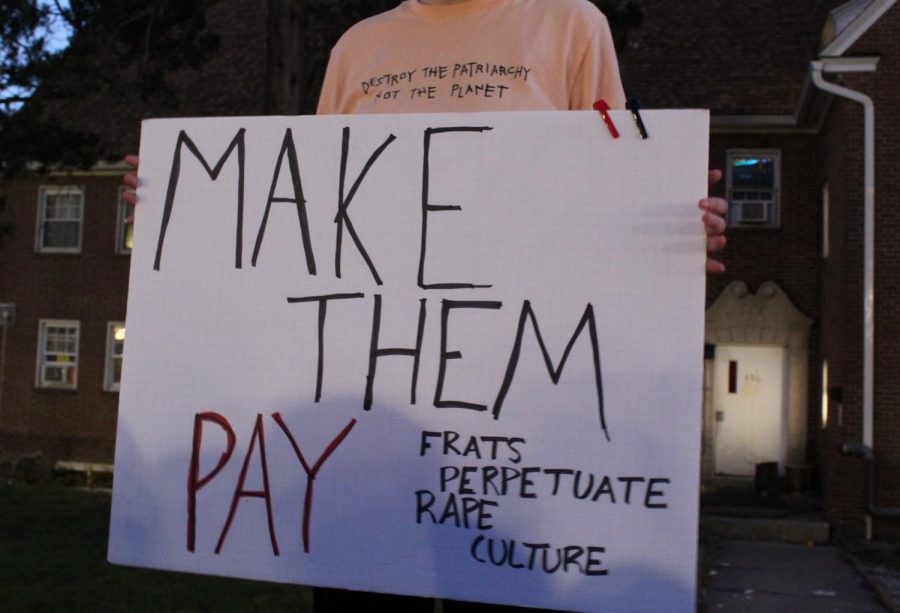by Eric Bosco
The large lecture hall is filled with around 300 freshmen and sophomores. Some have their laptops open to Facebook, some are texting beneath their chairs, some daydream. The political science professor, hoping to jar a few awake, holds up a picture of a protestor holding a cardboard sign reading, “GOVERNMENT HANDS OFF MY MEDICARE!”
“What’s wrong with this picture?” the professor asks.
Todd Hobbs, 34, doesn’t fit the demographic of the class. He has no problem talking in front of his classmates. He speaks up often. The professor’s prompt has him immediately thinking about the importance of informed dissent these days and immediately raises his hand.
The professor moves past him.
“He told me we had basically been having a personal conversation all semester,” said Hobbs. “He wanted one of the other two hundred or so kids to stand up and say something. It made sense to me.”
“In my head I just keep going back to that phrase about the need for a well-informed electorate in a democracy.”
Hobbs is not your typical UMass student. He’s a married father of two who wants to run for political office someday and is heavily invested in his education.
Hobbs is also an eight-year veteran of the Army who has been to Iraq, and has served in the National Guard for an additional eight years.
“I’m not going to come to school and be preached at,” said Hobbs. “I have a lot of strong opinions about things.”
Hobbs joined the Army immediately after high school in 1998 and served tours in Egypt and Iraq before joining the National Guard in 2005. As a National Guard infantryman, Hobbs served tours in Kosovo and Afghanistan before enrolling at UMass Amherst in the fall of 2012.
A native of Western Massachusetts, Hobbs said he would “absolutely love” to run for a seat in Congress in the future and says he would avoid “playing party politics,” which he says is a major reason for the current congressional gridlock in Washington.
Hobbs and student veterans like him have directly felt the impact of the financial uncertainty created by the recent Congressional budget debates and government shutdown. The Department of Veteran Affairs stated in October that had the government shutdown lasted until the end of October; funds for veterans’ benefits for the month of November would not have been available.
Fortunately, the government shutdown only lasted 16 days and Hobbs received his scheduled tuition and housing payments under the Post 9/11 GI Bill, the most generous educational benefits package in the nation’s history.
“The housing benefits are amazing. My wife works and pays half (of their mortgage) while I pay half with my GI Bill and have the opportunity to get my degree,” Hobbs said.
Before the Post 9/11 GI Bill was signed into law in 2008, there were about 50 student veterans at the University of Massachusetts Amherst. Since 2009, that number has risen to around 500.
Hobbs expressed frustration with the lack of a budget consensus, highlighting the problem of “back and forth gridlock” in Washington.
“These politicians get so wrapped around blaming each other…voters don’t see that,” Hobbs said.
“The voters see it as ‘Democrats are here to protect me’ and in deep red states they say ‘Republicans are here to protect me’ when in reality they’re playing the same game with no real solution.”
For now, Hobbs will continue to raise his hand, pushing for discussion and participation in his classes. He is usually the first to arrive and always encourages participation in class discussions. It’s pretty clear he would apply the same dedication and commitment to engaging those around him if he were to earn a seat in Congress.
“I think everybody deserves a voice at all times and not using that is really a shame.” Hobbs said.
Eric Bosco can be contacted at [email protected]

